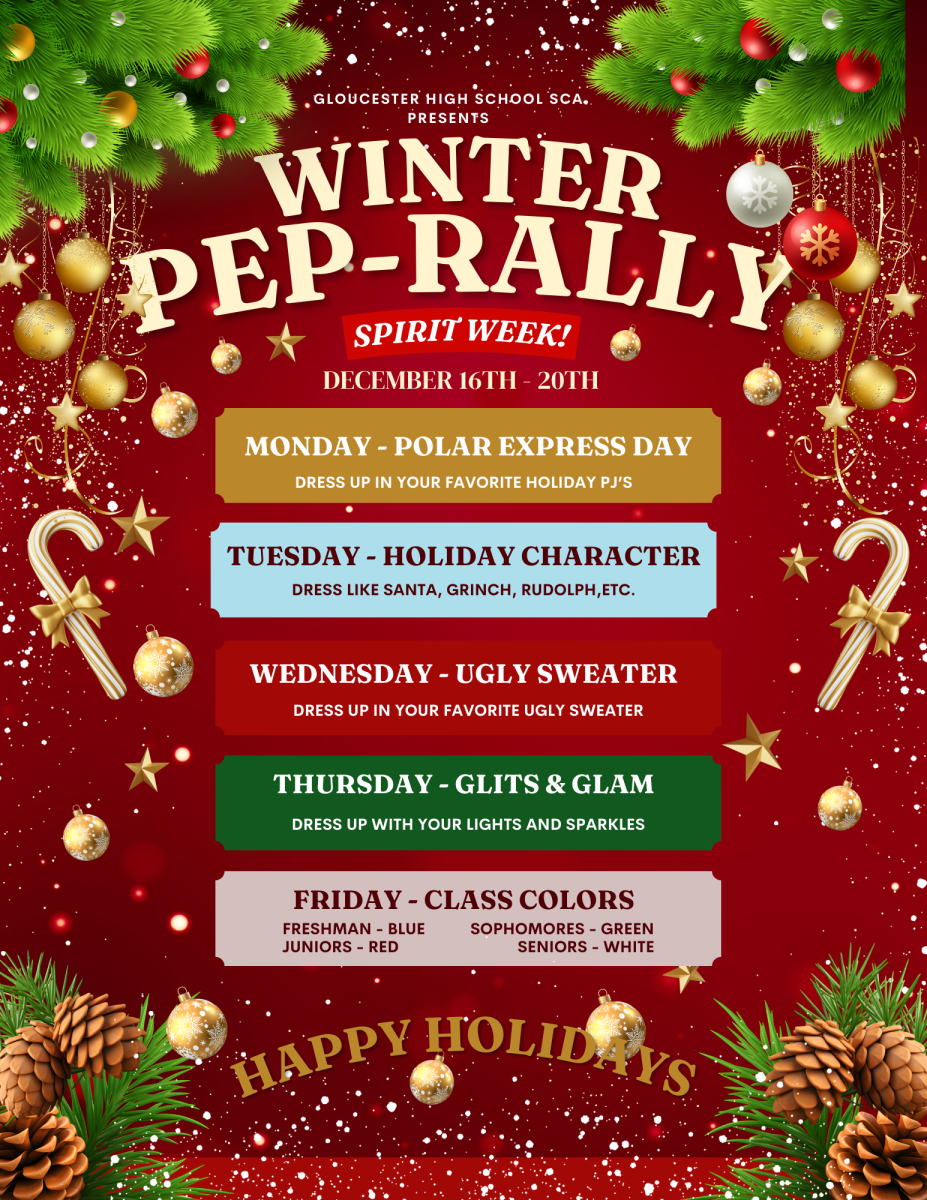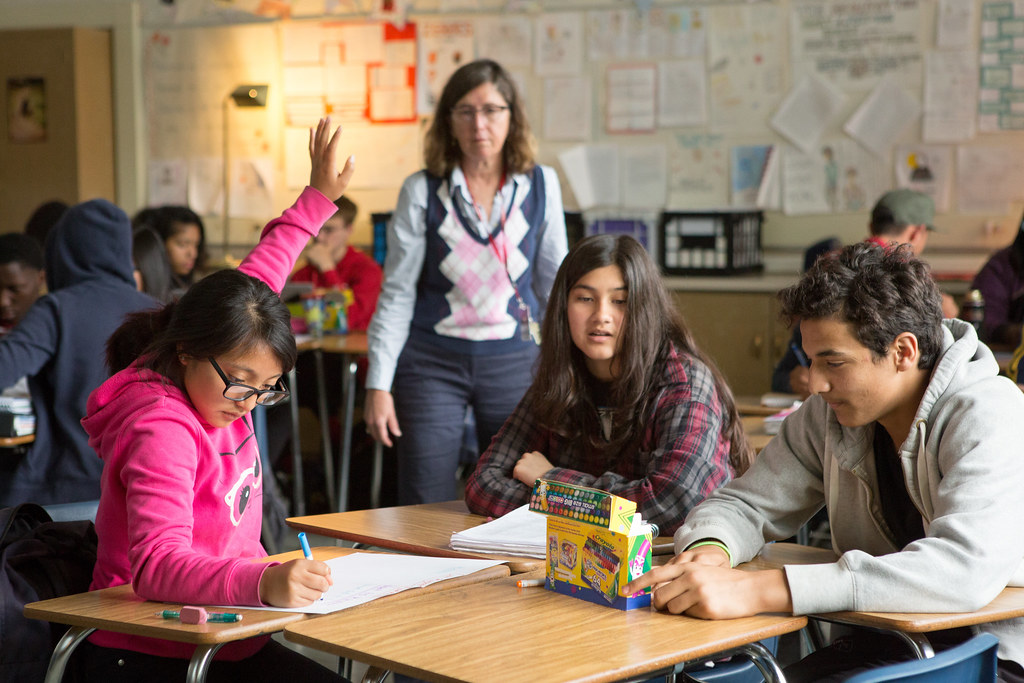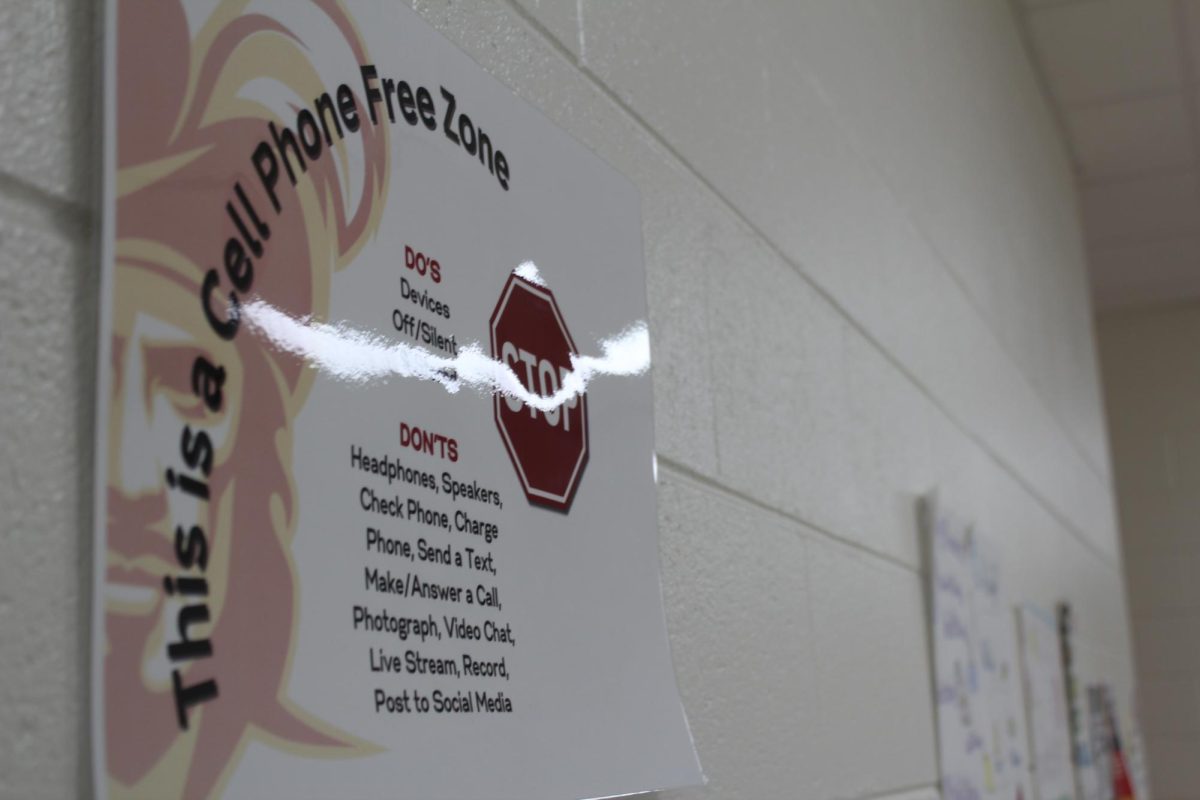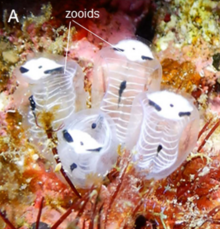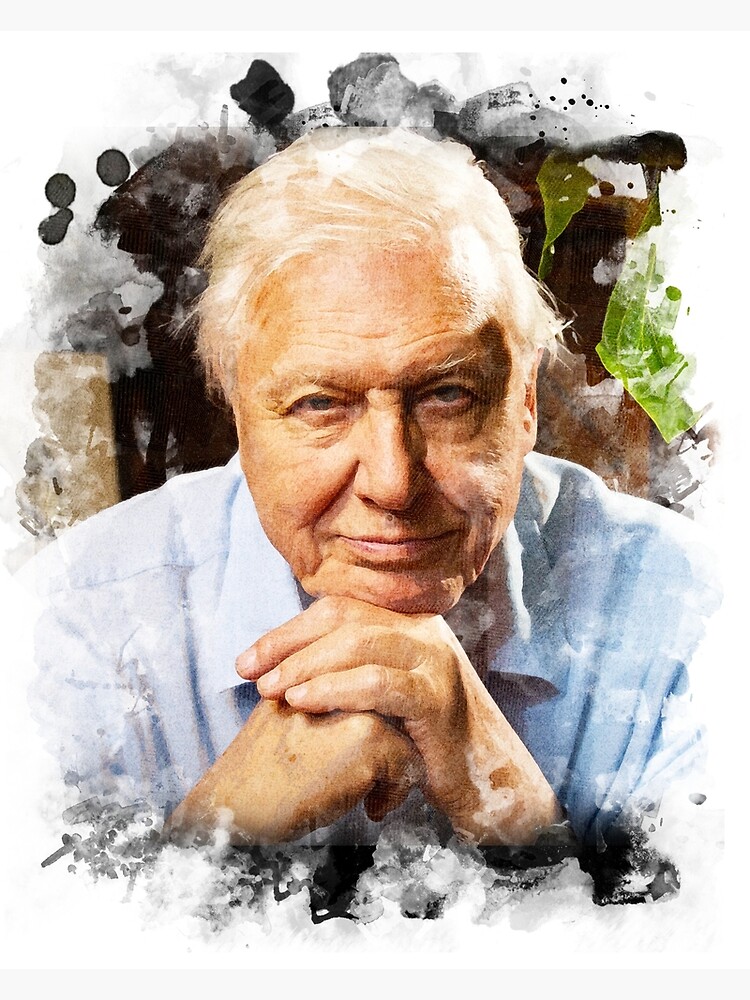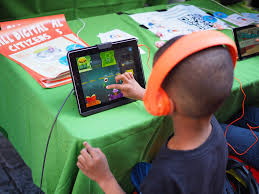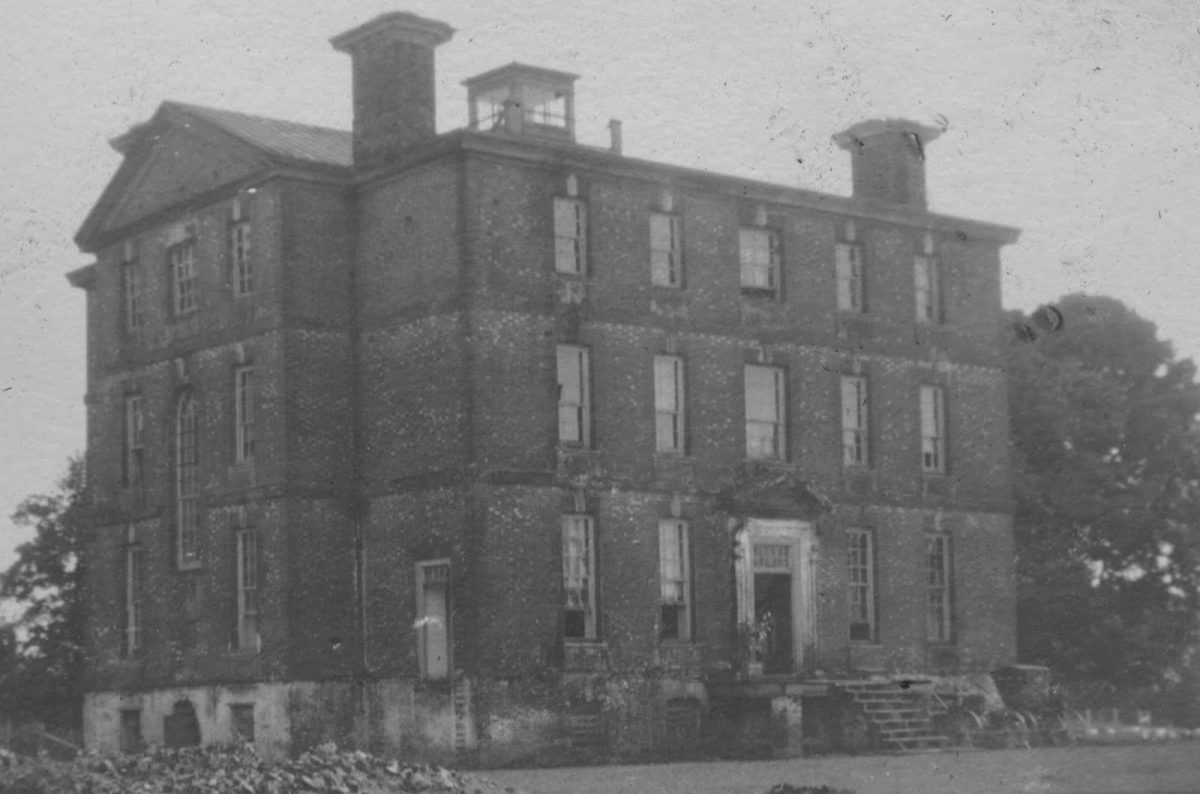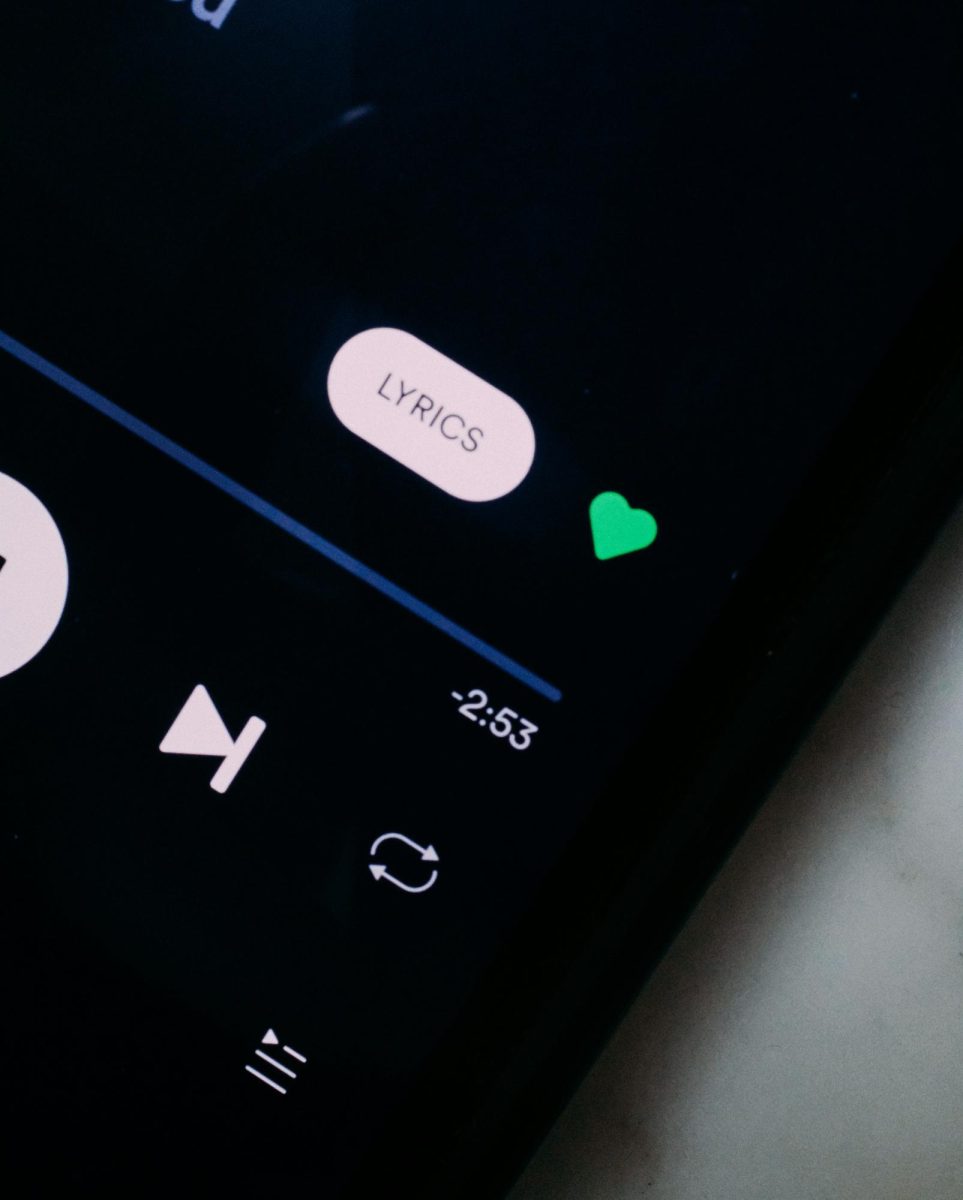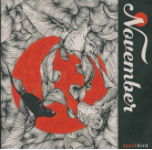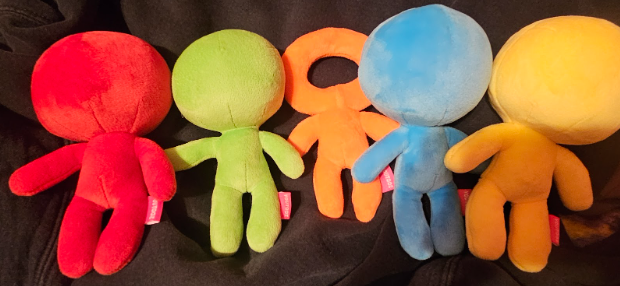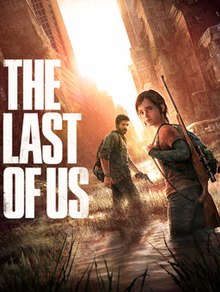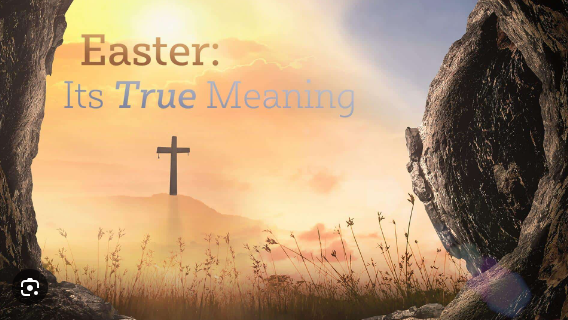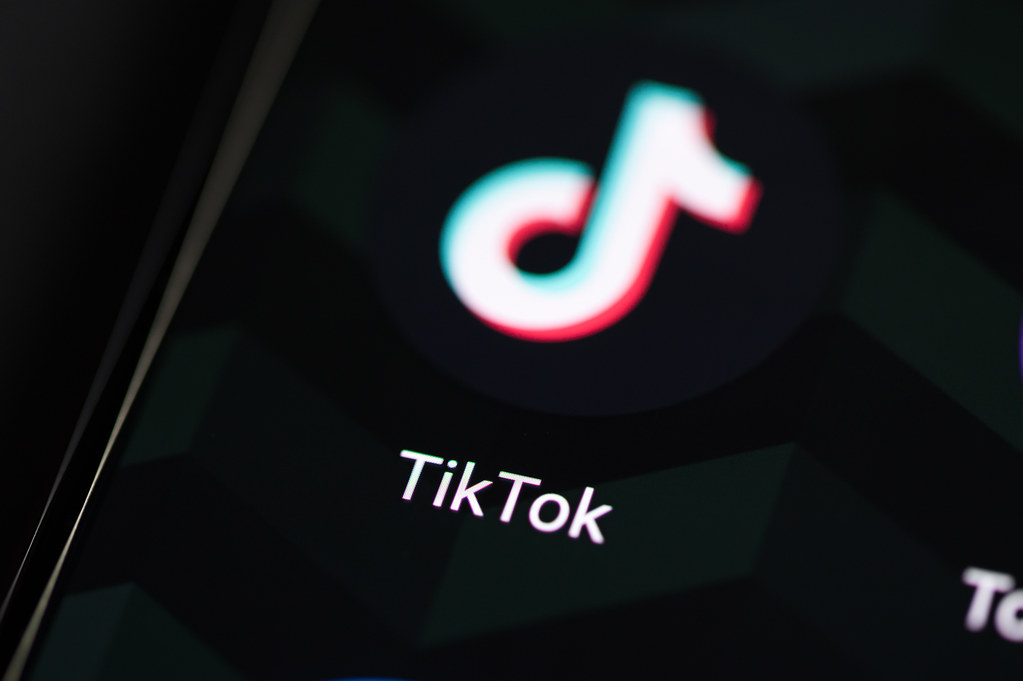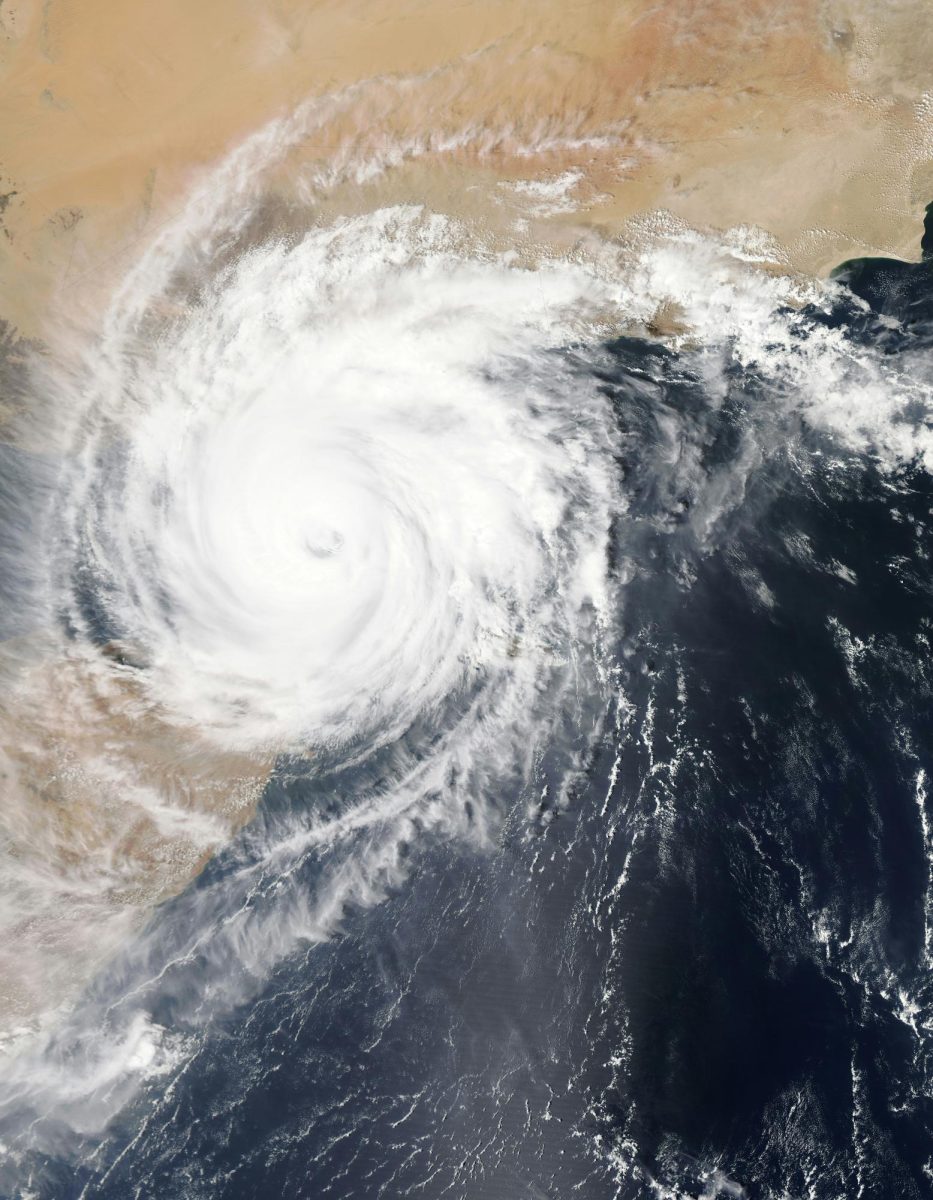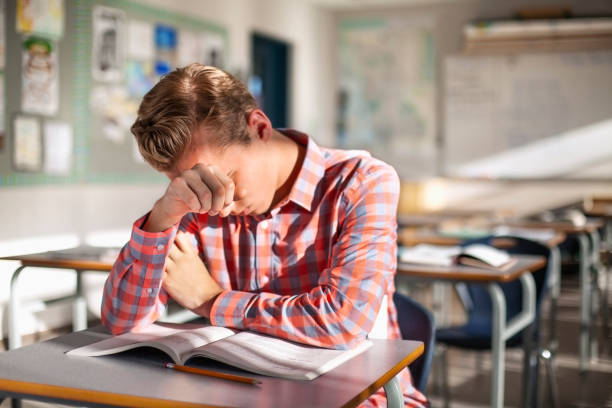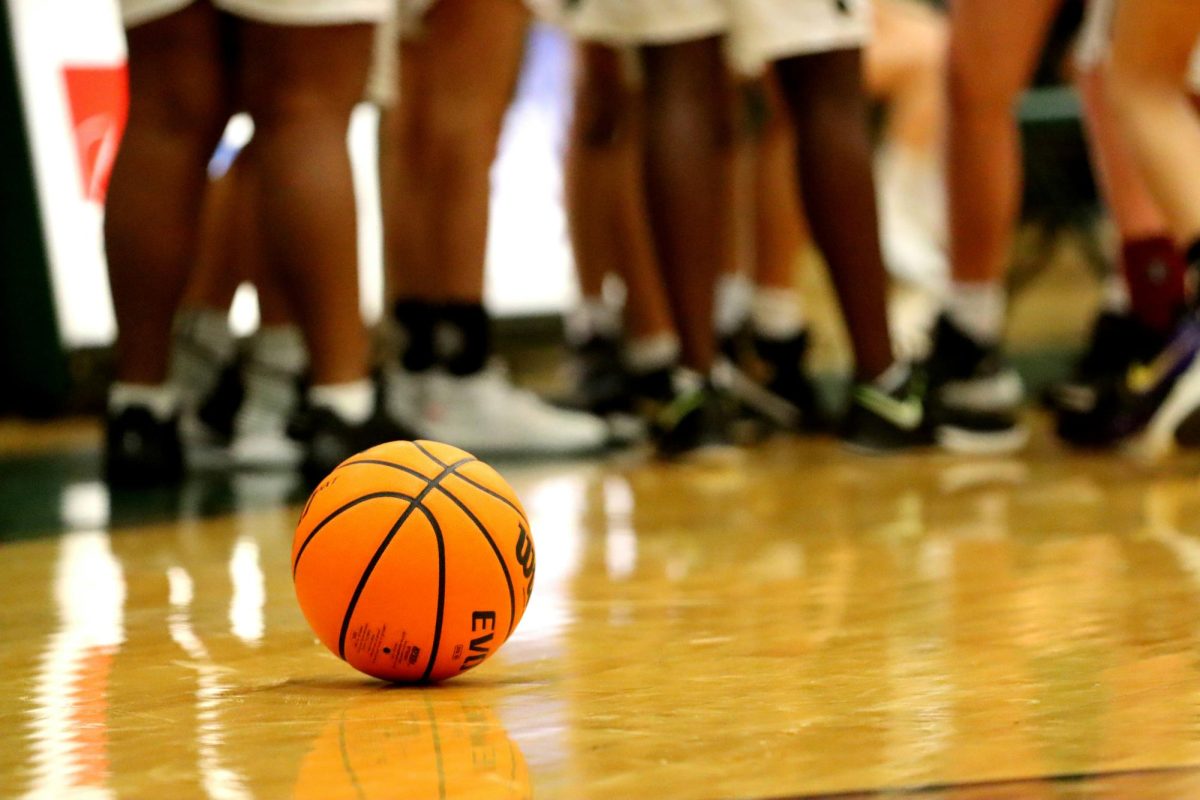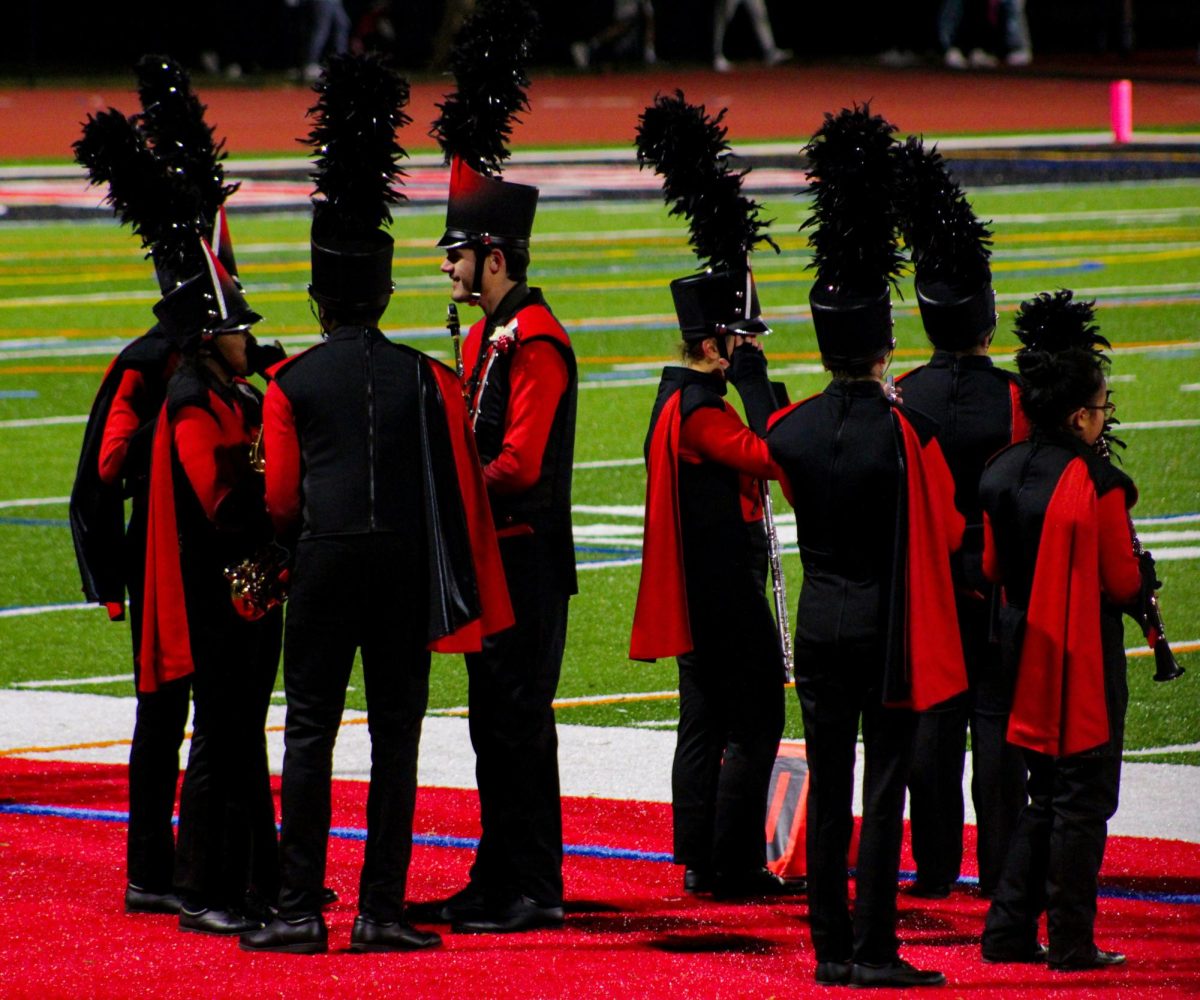Book banning is a form of censorship that bans any form of literature that individuals, governments, or organizations find inappropriate for schools. Most books that are banned touch on sensitive topics such as but not limited to race, gender, sexual preference, abuse, and or offensive language. Organizations have been pushing for more book bans but the people have not as much. Polls show over 70% of voters are against book bannings, twisting the meaning of democracy and the right to vote. The people who are against banning outweigh the people who agree with it. When talking to Mr. Jim Eccleston and Mrs. Jessica North they both disagree with other states banning books with Mr. Eccleston calling it “thought control”.
The problem with book banning affecting schools is how it doesn’t just affect the students but also the teachers, blocking off a huge source of information. It’s already hard enough for history teachers to talk about such grim topics without being censored but books that are important to read, understand, and digest are just not allowed to be talked about. English teachers got it just as bad because many huge players of literature such as Shakespeare and Edgar Allen Poe are getting banned. They both touch on very dark and sexual topics that are indicators of the time and what they saw as acceptable. It is essential to understand the history of literature but that is what forms are for, allowing the parents to know what their children are learning. When talking to Mrs. Jessica North about book banning and how it affects teaching she says “It can sometimes limit what students and teachers benefit from reading a book.”
What also bothers people is the books that are banned take great care of how they handle the topic, never trying to glorify/make fun of the topics at hand. It is depicted respectfully to digest or understand a topic better. Most people when hearing about a tragedy don’t understand the gravity behind the situation and take it at face value. For example ‘The Color Purple’ is a banned book about a teenager who gets beliefs and ideals pushed on her by others, not understanding the gravity of her abuse or situation. The book dives deep into race-related topics as well which is still a very relevant issue that deserves to be talked about. Most hate crimes (around 65%) are race-related, calling into question how people and governments react to things like these. More than 40% of the main characters are white which doesn’t sound like much without context but almost 30% more of the characters are creatures or animals. That leaves a little less than 30% of minority main characters but then banning 40% of that 30% just for touching on a race topic is completely unacceptable. When talking to Mr Jim Eccleston about representation in media and how it affects people who are going through similar situations he says “book banning invalidates those people who can relate to those characters and think ‘I’m banned too’ and think they are invalid.”
When looking at the history of media bans either through books or the press they were never implemented to protect people but to control them. Going back to the 1930s in Nazi Germany, Hitler’s power was expanding and his grasp on the German people was strong but he was worried about the media “warping” their perception of his viewpoints, banning any form of media he deemed inferior. Just like book banning now race was very involved with what they didn’t want around even calling black jazz “negermusik” or negro music and quickly banning it. Unfortunately, more states are pushing for a controlling agenda. Luckily in Gloucester County, we don’t have any active book bans and in the past had a banned book appreciation week putting more attention to books that some states don’t find appropriate. When talking to Mrs. Jessica North she explains a policy that allows you to “challenge” a book if you don’t find it appropriate but it is deeply analyzed to see if it does affect students negatively either by glorifying the topic or in a disrespectful way.
” />
Categories:
Book Banning in America
AJ Escolero, Staff Reporter
October 6, 2023
1
More to Discover
About the Contributor
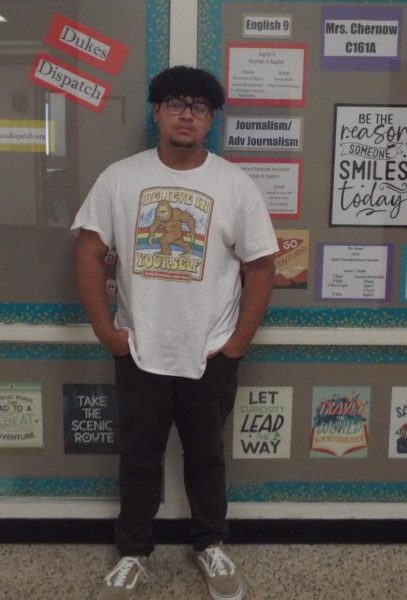
AJ Escolero, Staff Reporter
I am AJ Escolero and I am 15 years old. I am taking journalism and I’m currently working on a writing career with either directing or being an author. I am in Gloucester High and I’m in Hayes. I will be staff first semester. I took this class because I want to work on all different types of writing forms. Hopefully, I can get more people to have a voice.

